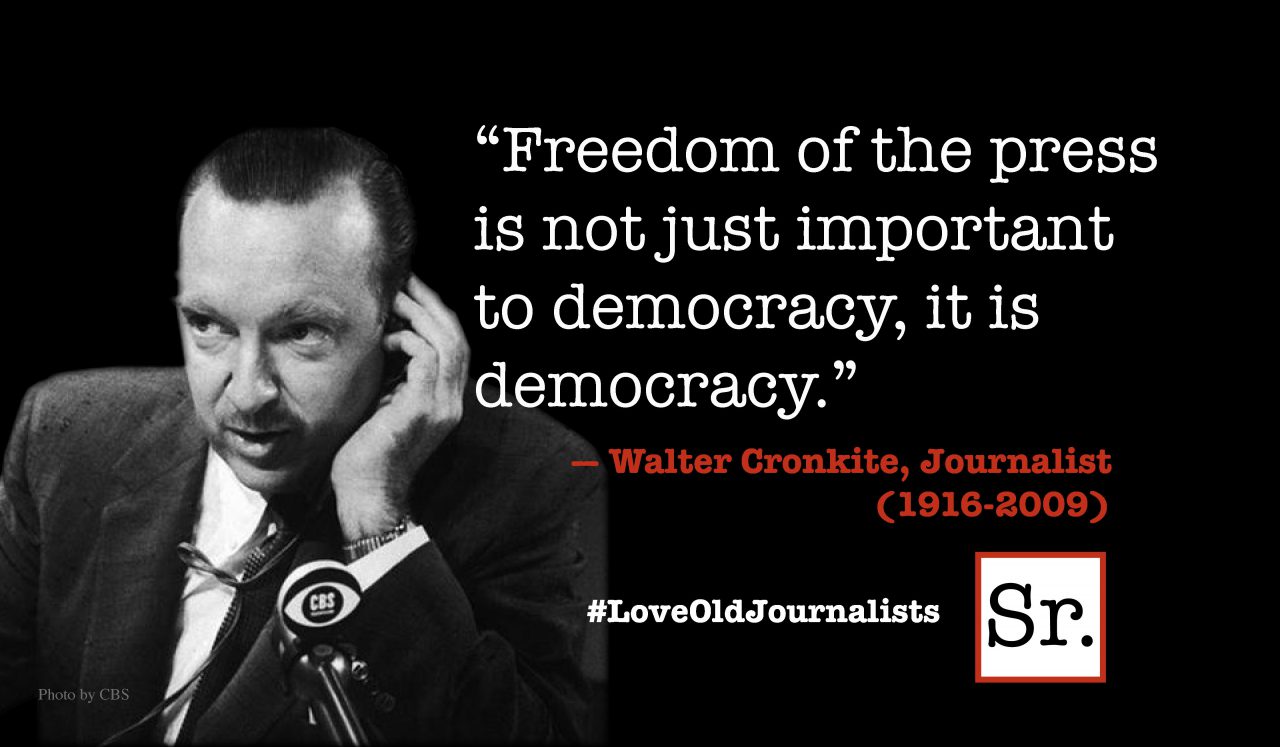Listen to the language around you. Notice how often problems are defined as "issues" e.g., the racial issue, Islamic terrorist issue, the abortion issue. Or closer to home, "Pastor, we've got a _____ issue that needs solving." (You fill in the blank — "our giving is way behind the budget this year"; or "Jan doesn't respond to e-mails fast enough." Or, even closer, more personal, "Pastor, some of our older members don't think you visit enough," or, "I get lost in your sermons, not sure what your point is."
My assumption around most "issues" is this: the problem is someone else's fault and someone else (often you) should solve it. In family systems' language, an "issue" (C) is often triangled in as a way to avoid the responsibility of the persons involved (A and B). Issues invite projection; the problem is out there. Issues, on the other hand, can challenge those in relationships to take responsibility for resolution.
Consider this rule of thumb: redefine issues as challenges to deepen relationships.
Let's try this with the above examples. From "racial issue" to "How are we in relationships that cross racial lines?" From "Islamic terrorists" to "How can we foster understanding and deepen relationships with Islamic persons?" From the "abortion issue" to "How are all relationships, including with the fetus, impacted by the option of abortion?" From "Pastor, our giving is behind . . ." to "Thanks for raising this. Who do you think, along with the two of us, needs to join us in deciding how to respond?" From "Jan doesn't . . ." to "Have you talked with her or him about your concern?" From " . . . don't visit enough" to "You are exactly right. Help me. Since you know these members so well, would you be willing to visit with me, perhaps even set up the appointments? A bonus would be getting to know you better." From "getting lost in your sermons . . ." to "Thank you for letting me know. I want you to understand my messages, and I want to listen to your questions and confusions. How about us getting together over coffee and talk about last Sunday's sermon?"
My biggest pastoral challenge in this regard was when a gay couple in the congregation asked for a public service of blessing on their commitment to each other. Most people, including the media, wanted to define this as a "gay issue." I kept saying, with limited success, "No, this is not an issue. This is about people, two members who are part of our community. Let's ask, 'How will we be in relationship with Jim and Bill, with each other, with our sense of God's purpose?" And I kept saying during our many months of discernment, "How we decide is as important as what we decide." That is, how we listened, how we expressed ourselves, how we studied, prayed and worshipped together would either deepen our relationships or fracture them.
In retirement, I have been gifted with close Quaker friends. By valuing the leading of the Spirit within and between persons, they make every effort to listen and not coerce. In fact, for them the process of decision-making is an extension of worship. Making decisions, for them, is another way to deepen their relationships with each other, with the Spirit and with the world. That is their intention.
I suppose there are "issues" that are just that, issues. But, most of the time, I submit, they distract us from the hard work of deepening relationships.








